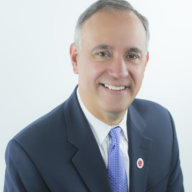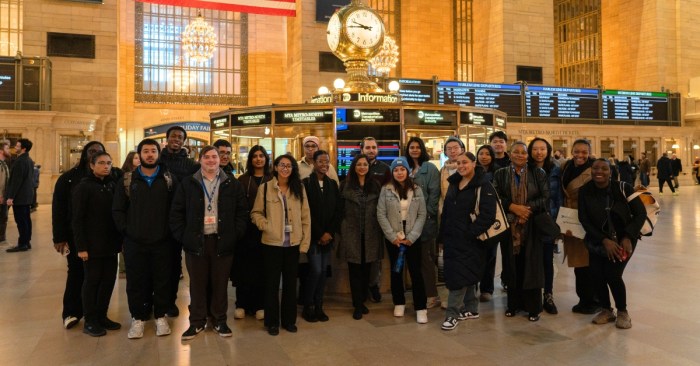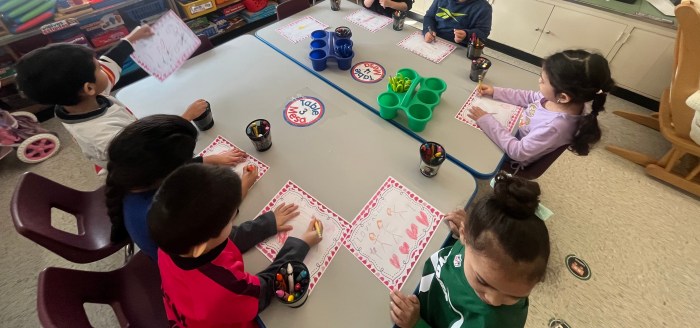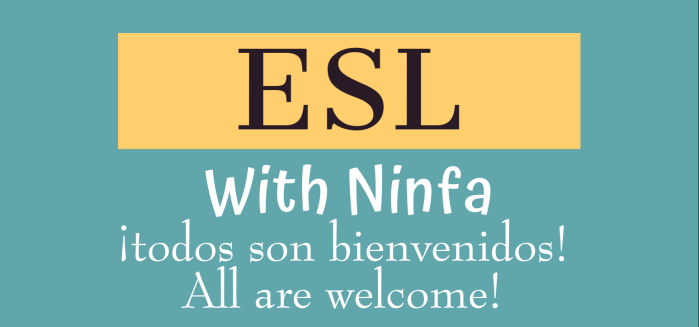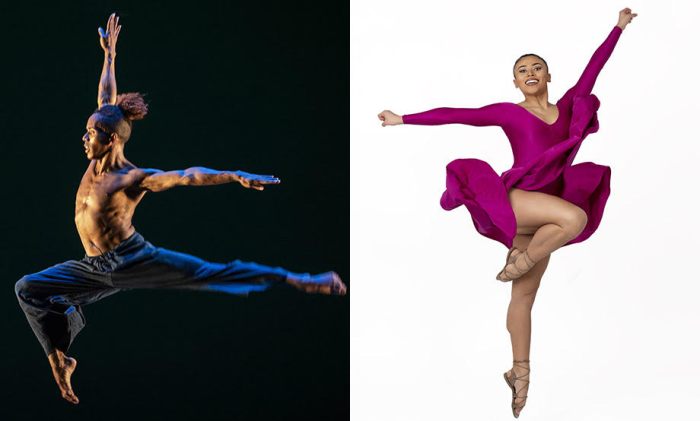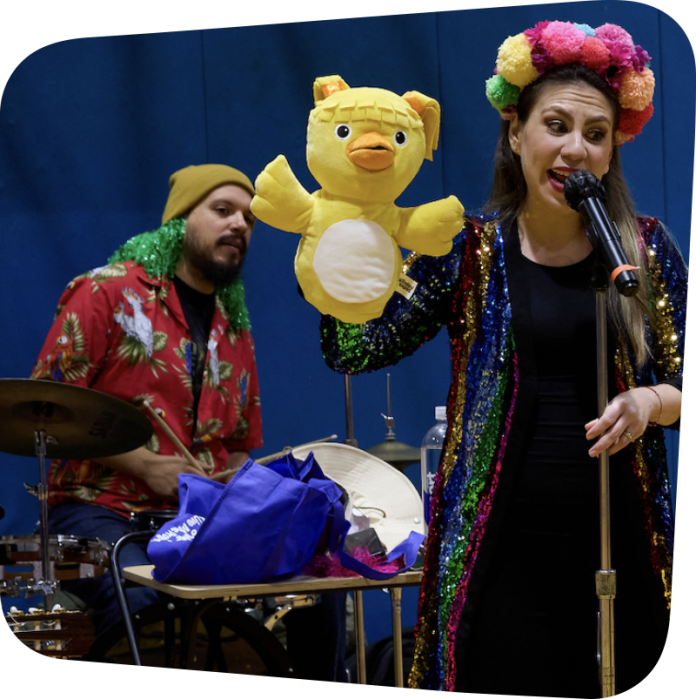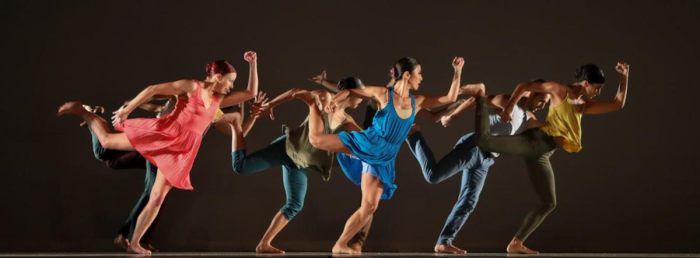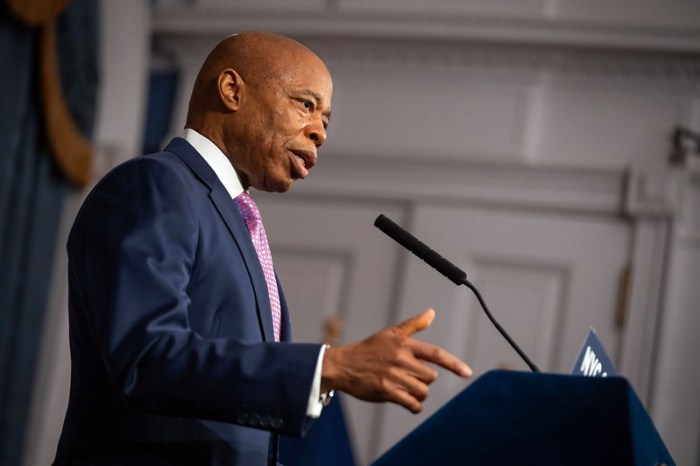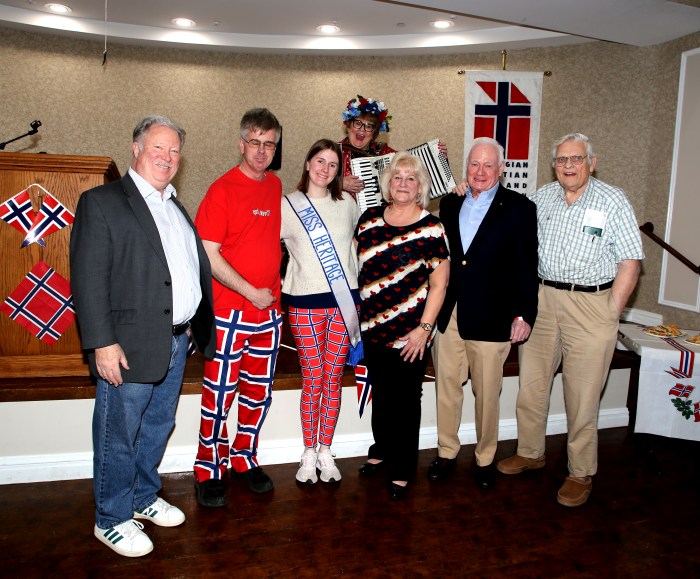One night early in my tenure as Chancellor, I decided to attend an event called Night at the Museum that is held each year by Macaulay Honors College. It’s the kickoff to the college’s semester-long Arts in New York seminar, and gives Macaulay’s incoming first-year students the opportunity to visit the Brooklyn Museum for a special experience with art.
I had intended to drop by, welcome the students to CUNY and offer a few words about Macaulay, CUNY’s selective honors college. But I wound up staying until closing time. It was more than the collection of ancient Egyptian art that kept me there; it was the intriguing students, several of whom told me it was their first visit ever to a museum. Macaulay was founded to attract New York’s most promising students, and I was so engaged by these young people — their enthusiasm, inquisitiveness, aspirations and passion to learn — that I really did spend a night at the museum.
This academic year marks the 20th anniversary of what was originally called the CUNY Honors College. Its creation was a landmark in CUNY’s efforts in those years to elevate its stature as a premier public university by attracting exceptional high school students who might otherwise go off to private schools. Two decades and nearly 6,000 graduates later, Macaulay is one of the jewels of our University, providing broad educational and extracurricular experiences, along with a host of supports that enable the students to realize their potential, graduate debt-free and begin making their mark.
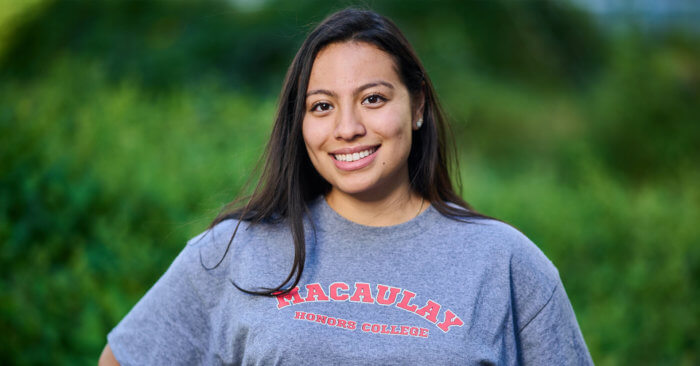
Tone Set by School’s Namesake
It all started modestly, with an inaugural class of fewer than 200 students. Today Macaulay has more than 2,000 students from a consortium of eight CUNY campuses. The catalyst for what made Macaulay what it is today was its namesake, William E. Macaulay, a philanthropist and business leader who graduated with honors as an economics major at City College in 1966. He was the first in his family to graduate college, and he never forgot that his gateway to success was the access he had to a top-quality public education.
In 2006, Bill Macaulay and his wife Linda changed honors education at CUNY with a $30 million endowment — still among the largest gifts in the University’s history. It gave the college its own building and triggered its growth into one of the top-ranked public honors colleges in the country.
Bill gave the college more than money and a name. He was the founding chairman of its foundation board, shook the hand of every graduate at commencement and was a guiding force until his death in 2019. The culminating event of this year’s anniversary commemoration will be a celebration of Bill Macaulay in May.
Of course, if he were still with us Bill would be turning the compliments back on the students and alumni. Graduates of the early years are now coming into their own, taking on leadership roles and paying forward the opportunities that helped them advance. Six alumni are now on the Macaulay board.
Macaulay is one of the outstanding CUNY success stories of the last two decades and a great example of the strength of the consortium model to leverage the very best of the CUNY system. It is a model that is ready to continue to thrive as we move beyond Macaulay’s 20th anniversary.
In Keeping with CUNY’s Ideals
Three years ago, the college started the Macaulay Bridge Program to open its doors for the first time to promising transfer students from CUNY community colleges, and the first students earned their degrees last Spring. Much of that inclusionary drive comes from within: Macaulay students, faculty and alumni have long pushed for the college to adhere to CUNY’s highest ideals of diversity, equity and inclusion.
One thing that hasn’t changed over these 20 years is the sense of unlimited possibility the college gives its students.
“Macaulay has taught me how to really capitalize on opportunities,” said Gennady Vulakh, a graduating senior of Macaulay at Brooklyn College who’s headed for medical school. “It gives you a structure that pushes you to go beyond your limits, to explore new fields and interact with people you otherwise never would have. It taught me to chase what I want.”
Bill Macaulay couldn’t have put it better.
